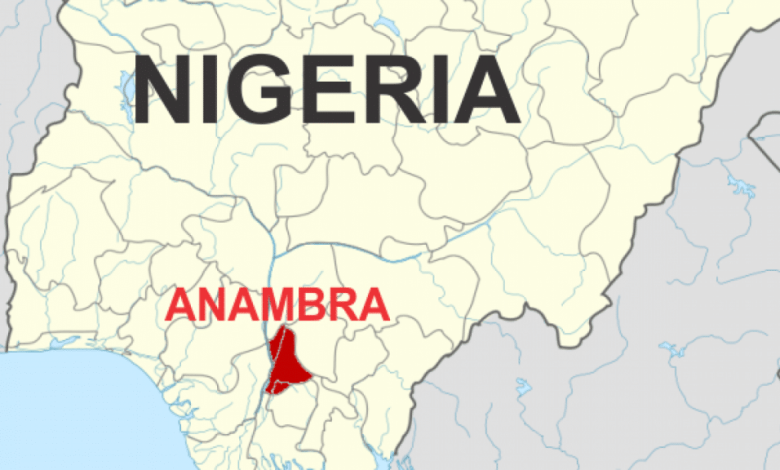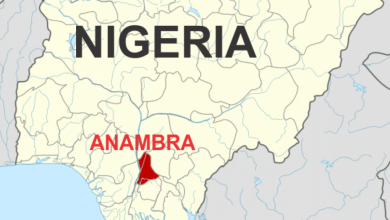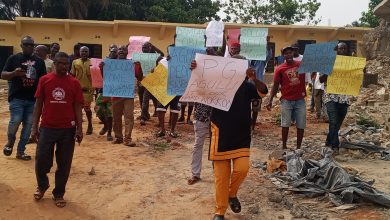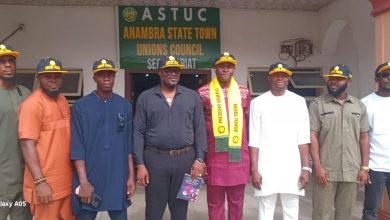
Stakeholders at a one-day strategic dialogue session have resolved to work assiduously to ensure that the second phase of the Strengthening Public Accountability for Result and Knowledge (SPARK 2) project is successfully implemented in Anambra State.
The stakeholders are leaders and members of the Community Development Network (COMEN), Ward Development Committees, (WDCs), the Joint National Association of Persons with Disabilities (JONAPWD), the Federation of Muslim Women Association of Nigeria (FOMWAN) Anambra chapter, Small-scale Women Farmers Organization in Nigeria (SWOFON) and the Health Network of Partners, were drawn from the six SPARK 2 benefitting LGAs and other relevant agency groups in the area.
Giving the overview of the project which is supported by the International Budget Partnership, (IBP), the SPARK Program Manager, JDPC, Nnewi, Onyekachi Ololo, noted that the number of benefiting local government areas has increased from three in the first phase, which focused on water, sanitation and hygiene provision at PHCs, to six LGAs, with twenty-four benefitting communities, while the focus has shifted to maternal and child health care especially as maternal and child health programs have the ability to also address issues around water and sanitation in the Primary Health facilities if effectively implemented.
“We are using maternal and child healthcare as an entry point to addressing service delivery gaps, for improved healthcare services, especially for mothers and children and persons with disabilities in our PHCs.
Everyone here is important. We will in the course of SPARK 2 beam the searchlight on efforts being made by the state government to improve the condition of primary health centres across the state. As we work together, COMEN will champion the intervention at the community level aiding the work of WDCs and the PHCs in their communities.
We are also looking at the Gender and Intersectionality on access to Healthcare, especially on the roles of the Basic Health Care Provision Fund being implemented in over three hundred and twenty six PHCs in Anambra State. There will be a lot of capacity-building sessions, advocacy visits and scale-up baseline surveys with engagement with relevant duty bearers. Therefore, I appeal to you to give your best to this project so that we can achieve our goals with a significant impact on primary health centres in our communities.
In a presentation, the IBP SPARK COMEN Consultant, Ugochi Ehiahuruike, said the goal of the SPARK project is to support and leverage public engagement around service delivery issues that affect citizens lives as an entry point to shaping budget processes and outcomes in the direction of justice, inclusiveness and democracy.
According to her, the session is to discuss the concept of SPARK 2 and System change towards attaining better maternal and child healthcare service delivery with COMEN, WDCs, JONAPWD and Health Network of Partners to integrate them into the maternal and child health campaign.
”It is also to identify key challenges and bottlenecks in the delivery of healthcare services to mothers, children and people with disabilities and use information gathered to design inclusive advocacy engagement messages as well as generate innovative solutions and strategies to overcome identified challenges. So, if you are lucky to be here, you take this opportunity seriously.
On the current landscape of maternal and child care in Anambra State, the Executive Director of Civil Rights Concern, CRC, Okay Onyeka, regretted that the disability rights law enacted in 2018 in the state has not been effectively implemented to ensure inclusion for persons with disabilities, especially in the area of health care delivery.
“The law provides for the provision of ramps and lifts in public places but those are not in place in most of our public offices including health facilities. Most of them are not disability friendly. One of the expectations is that we will begin to watch out for the implementation of some of the sections of the law.
“If the law is fully effectively implemented, it will make access to health care services equitable for all without leaving anyone behind. PWDs must be given access to health care services in the state. Also, PHCs should teach their staff disability etiquette,” Onyeka advised.
Some of the stakeholders including COMEN State Chairman, Ide Godwin Eze, and Secretary, Albert Chinwuko, promised to deploy all within their influence to improve maternal and child health care services in primary health centres in their communities and across the state. “We are critical to the success of SPARK 2 in Anambra State, hence the decision to bring all of us together. Let us go back and start doing something to improve maternal and child health care delivery in your PHCs”.
WDCs members appreciated the free antenatal and delivery programme of the state government which has increased patronage of primary health facilities even as they called for regular capacity-building training for officers in charge and their WDCs to effectively handle current challenges of maternal and child health care towards achieving the Universal Health Coverage (UHC).
The meeting featured breakout sessions during which participants developed strategies to be used for the intervention under the SPARK 2 project as well as question and answer sessions to clear doubts about the intervention.




